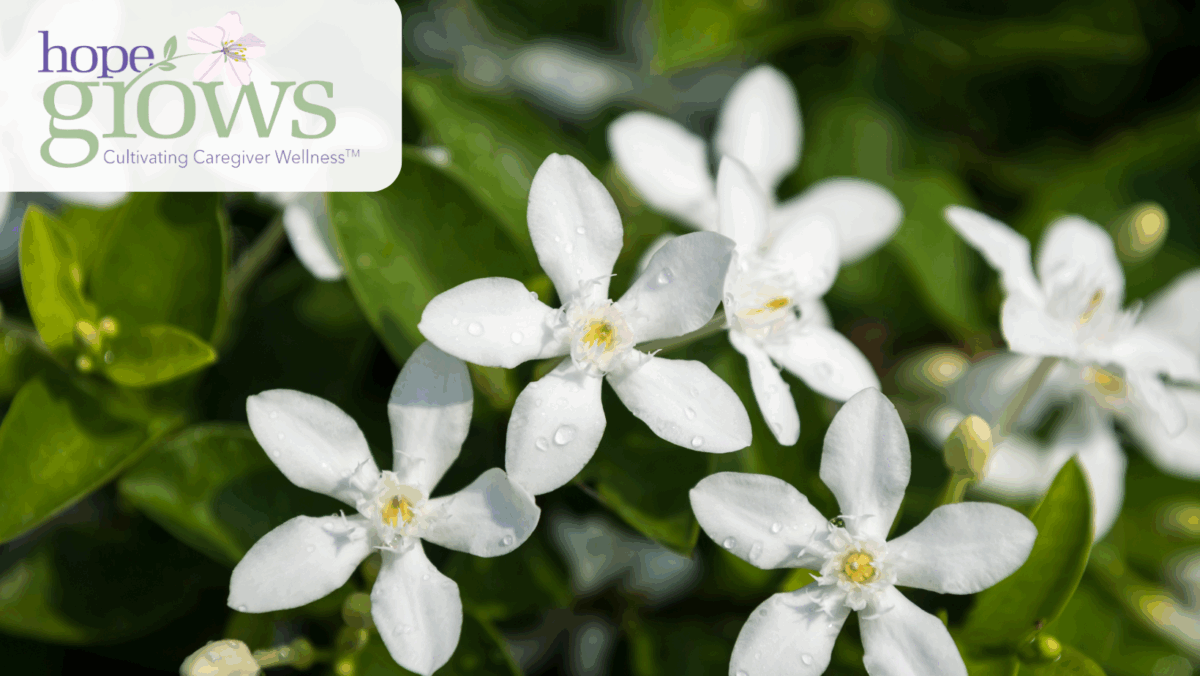Collaborative Healing

In a world where the landscape of caregiving continues to grow more complex, the need for collaborative, holistic approaches to mental health has never been greater. Families caring for medically complex individuals are often navigating a terrain of emotional exhaustion, grief, and chronic uncertainty. These caregivers are not only managing physical care but are also wrestling with questions about meaning, suffering, and identity—questions that existential therapy invites us to explore.
When we layer this therapeutic lens with the principles of collaboration and the healing reciprocity found in nature, we begin to see a multidimensional approach to caregiver support: one that doesn’t just treat symptoms but honors the whole human experience.
September carries with it a quiet shift; the angle of sunlight softens, the days grow shorter, and the air turns crisp with early hints of autumn. Nature, once ablaze with summer’s fullness, begins its slow descent into stillness. This seasonal threshold is very similar to the emotional and psychological shifts experienced by those caring for someone with medically complex needs. In fact, this natural turning point offers profound metaphors and opportunities for reflection.
The Existential Terrain of Caregiving
Existential psychotherapy centers around the human experience of meaning, isolation, freedom, responsibility, and mortality. For caregivers of medically complex individuals—whether a child with a rare genetic condition or a partner with a progressive illness—these themes aren’t theoretical; they are lived realities.
Caregivers may silently ask:
- Why is this happening to someone I love?
- What is my role in this?
- Who am I beyond this responsibility?
- Will life ever feel “normal” again?
Existential theory acknowledges that these questions don’t necessarily have clear answers. Instead, healing comes in exploring them together—with a therapist, within a support group, or through personal reflection in nature. When we stop trying to escape the pain and begin to witness it, transformation can begin.
The Power of Collaborative Mental Health Support
Supporting caregivers in isolation is not enough. Just as caregiving itself is collaborative—coordinating with physicians, specialists, therapists, and sometimes even educators—so too must be the model of mental health care. Collaboration between psychotherapists, medical professionals, support organizations, and families ensures that care is both informed and person-centered. This is the model with which Hope Grows, The Iris Respite House & Healing Gardens, and The Root of Good Care Counseling practice offer caregivers. The Hope Grows Model of Care doesn’t promise to erase suffering, but it does offer the scaffolding for caregivers to live through suffering with meaning, connection, and moments of peace.
Collaborative care within the medical/mental health community at its core is a reminder than none of us are meant to carry our burdens alone.
- Therapists integrating psychoeducation on chronic stress, traumatic responses, and compassion fatigue.
- Physicians recognizing the psychological toll on caregivers and referring appropriately.
- Nonprofit organizations offering therapeutic horticulture, respite programs, or grief-informed services.
- Mentorship/Mentee programs offering a connection for past caregivers to be a guiding voice to those currently caregiving. The Caregiver2Caregiver program at Hope Grows helps to connect individuals in this way.
- Caregivers themselves participating in their own mental health planning, empowered to voice their needs.
Nature as a Therapeutic Partner
Alongside professional collaboration, there exists a quiet, enduring collaborator: nature.
Nature offers more than just a setting for respite—it mirrors existential truths in ways that gently support integration and healing. The natural world does not deny the cycles of birth, growth, decay, and death. It embraces them, honors them, and allows them to unfold.
Caregivers often report feeling grounded when taking their shoes off and pressing the bare feet into the earth, digging in the earth, or simply watching birds. These aren’t small moments; they are sacred exchanges. Nature gives us permission to slow down, breathe, and witness life unfolding without expectation.
This reciprocal relationship is powerful. As caregivers give of themselves, nature gives back—through beauty, stillness, or a seasonal metaphor. If you experienced tending a garden this season, the act of gardening can reflect the process of tending to one’s own inner life. Last but not least, considering the seasonal change from winter to spring: the return can echo the hope that life, even when altered, still holds possibility.
Closing Reflections
To truly serve medically complex caregivers, we must weave these threads—existential theory, collaborative therapy, and the natural world—into an integrated framework.
At Hope Grows, we believe healing is not a linear path, nor is it one that any person should walk alone. When we collaborate across disciplines and include the natural world in our caregiving and therapeutic practices, we honor the full spectrum of human experience—pain, purpose, and presence.
In the quiet moments among the trees, in the shared tears during counseling, and in the courageous questions caregivers ask each day, we find a profound truth: healing is not always about fixing; sometimes it’s about holding space, together.
Written by Lisa Story, MSCP, LPC, CT
Founder & Clinical Director
Focus of the Month: Collaboration
Essential Oil: Neroli
Flower: White Jasmine
